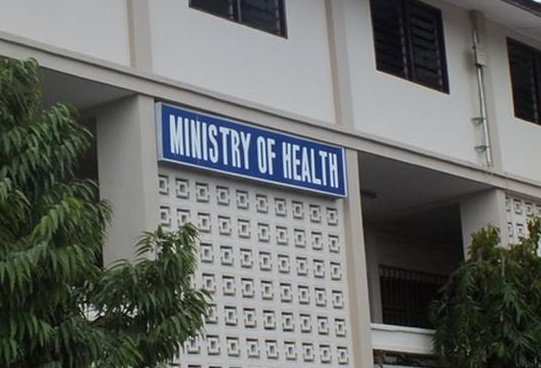Study Finds Policy Change Brings Abortion Care Earlier for Minors | News Ghana
Under the 2020 ROE Act, the barrier that once delayed care has been lifted for this age group—a move that appears to be making a real difference.
The study, led by Dr. Isabel Fulcher and her team, examined data from Planned Parenthood League of Massachusetts covering May 2017 to June 2022. For minors aged 16-17, the average gestational duration at abortion dropped from 62.0 days before the law to 58.3 days after its enactment—a decrease of roughly 5.5 days. In contrast, a control group of 18- to 19-year-olds, who were not subject to parental consent rules, saw a more modest decline from 58.1 to 56.7 days during the same period.
Dr. Fulcher explained that delays in obtaining abortions often force minors into later gestational stages, a development that not only ramps up costs but also limits their available options. “Delays force minors into later gestational durations, increasing the cost of abortion care and limiting options,” she noted, highlighting the practical repercussions of such policies on young lives.
Beyond just the timing of care, the study also found a shift in the type of abortion services provided. Following the removal of consent requirements, there was a marked increase in the proportion of medical abortions, along with a greater reliance on abortion funds and self-pay arrangements. These trends suggest that when barriers are lowered, minors can access the care they need more swiftly, thereby reducing health risks. In fact, the study pointed out that each additional week beyond eight weeks’ gestation increases the risk of abortion-related complications by approximately 38%.
Critics of parental consent laws argue that such measures impose unnecessary hurdles on minors, and the Massachusetts experience now offers concrete data to back these claims. “Our data support other states working to remove medically unnecessary restrictions and suggest that removing parental consent for minors aged 15 years or younger in Massachusetts could also help ensure expeditious access to abortion care,” Dr. Fulcher concluded.
As lawmakers and advocates continue to debate abortion access, this study serves as a stark reminder of how policy changes can directly impact health outcomes. The Massachusetts model could provide a blueprint for other states aiming to safeguard reproductive autonomy and ensure that young people are not left waiting when timely medical care is critical.
Follow on Google News










